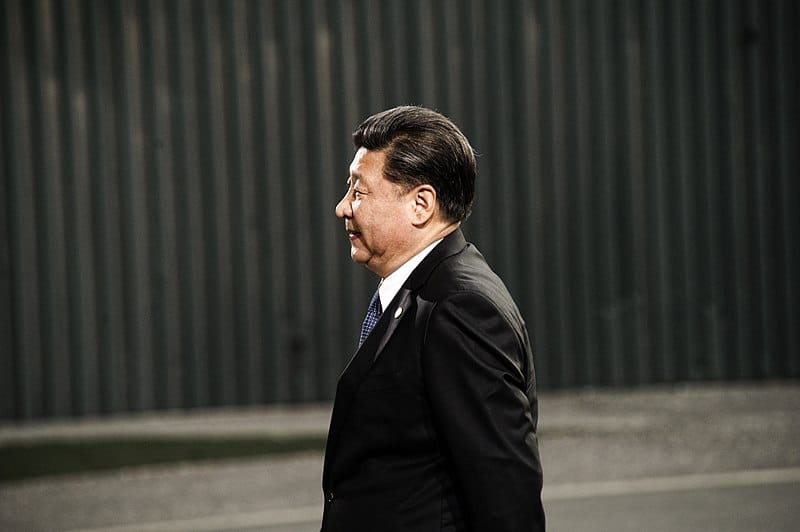Overseas analysts see the Xi Jinping administration reducing or corralling the economic role of free markets during the incumbent president’s second term in office following the convening of the 19th National Congress of the Chinese Communist Party.
As the CCP launches its bi-decennial 19th National Congress, marking the mid-point of the ten-year term for China’s paramount leadership, analysts point to a declining or restricted role for market forces within the economy.
China observers previously expected Beijing to expand the role of the market following the release of a key party document following the 3rd Plenum of the 18th Communist Party of China back in 2013, which committed to a “decisive role” for markets and implied a decline in state intervention.
Nick Bisley, professor of international relations at La Trobe University, said to The Australian Financial Review that the opposite has since occurred, with Beijing expanding its decision-making role in the economy.
“No major decision either on the macroeconomy or any major decision by a significant company can be made without the party’s approval or party stakeholders being at the table,” said Bisley.
“I think where Xi is trying to take China is a funny hybrid, where market forces play a big role in the allocation of resources, but the party plays the determinative role in it.
“It’s a type of shepherding of market forces.”
Veteran economic observer Arthur Kroeber concurs with Bisley’s opinion, with mixed-ownership reforms of state-owned enterprises actually expanding the economic role of the state, and Beijing pushing for stronger party committees in the private sector.
According to Kroeber Beijing will not follow route taken by former Soviet states with the mass privatisation of state companies, but will instead retain tight control of the economy and pursue selective privatisation.
“The aim is to selectively increase the role of market forces in order to force firms to become more efficient,” said Kroeber to the AFR via email.
“There will not be a free market for control of companies and assets…the state will retain a strong role and there will be no privatisation per se.”
The mixed-ownership reform of China Unicom, the country’s second biggest mobile company, could serve as the template for future reforms of large-scale central SOE’s.
While the acquisition of 35% of Unicom’s Shanghai-listed arm by a total of 10 private and state-affiliated companies would at first blush appear to be directed at improving the market efficiency and corporate governance of the telecoms giant, the government continues to retain primary control.
Kroeber expects this trend to prevail in future, in tandem with “deregulation around the margins” that will see the private sector raise investment levels in the services sector.



